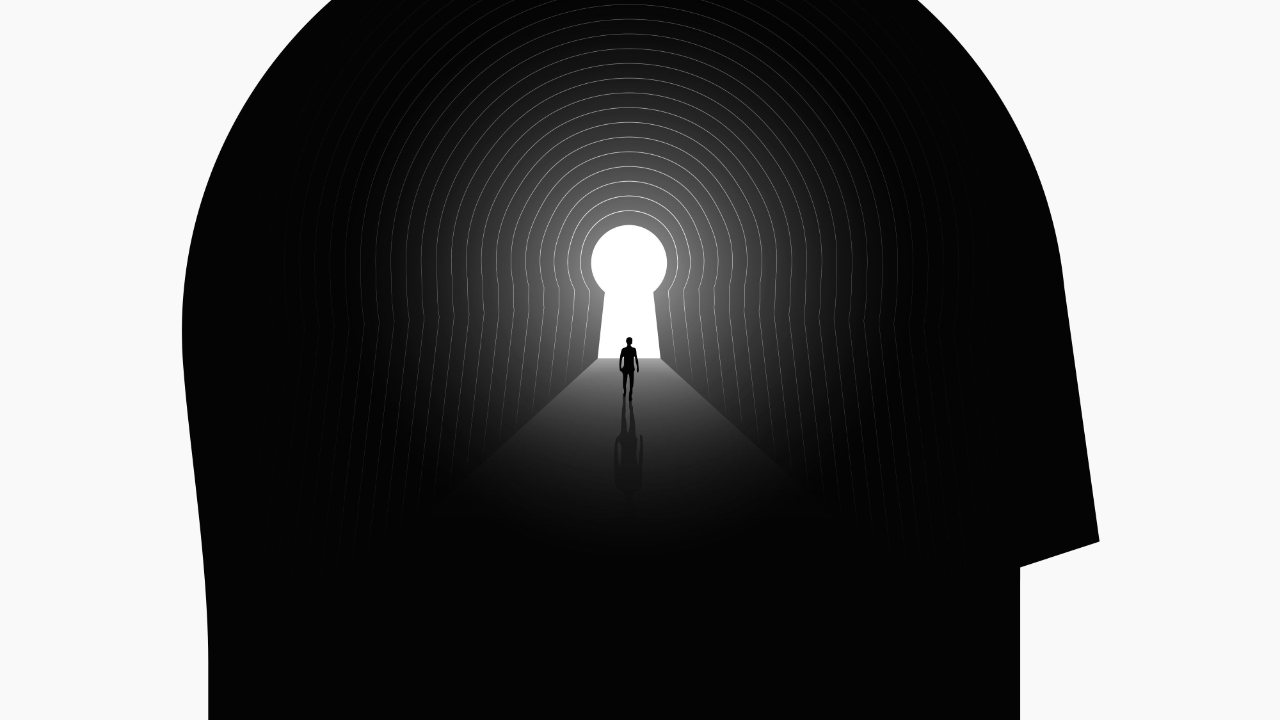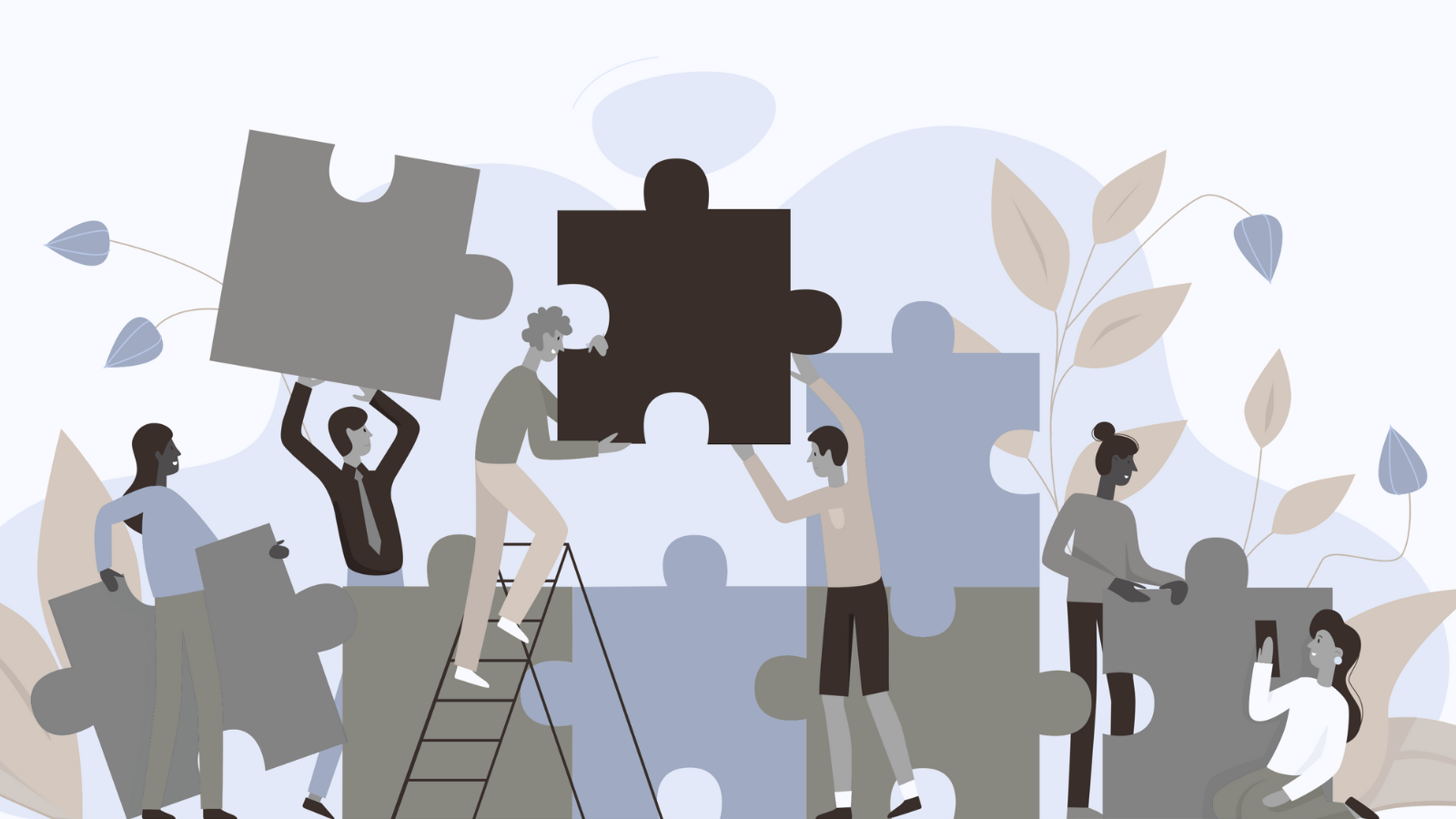The Silent Struggle: A Personal Perspective on Mental Health Support Gaps
May 15, 2025
Written by Madalina Preda
- Insurance industry mental health crisis: Despite 88% of insurance professionals experiencing workplace stress and burnout, traditional Employee Assistance Programs (EAPs) fail to address sector-specific pressures like regulatory compliance anxiety, digital transformation stress, and the emotional toll of claims processing during catastrophic events.
- Startup founders face unique mental health barriers: Entrepreneurs in InsurTech and FinTech report avoiding mental health support due to investor perception risks, with 72% of founders experiencing anxiety or depression while navigating the venture-client model, pilot purgatory, and the pressure to achieve product-market fit in regulated industries.
- Corporate innovation labs neglect wellbeing infrastructure: While corporations invest billions in R&D labs and accelerators, mental health support for innovation teams remains an afterthought, creating a hidden cost in failed pilots, talent attrition, and reduced creative output that directly impacts the success rate of digital transformation initiatives.
This article is a very personal story. This week, one of my best friends from Amsterdam, Marijke, would have celebrated her birthday. But she is not here to do so, having committed suicide in 2023 due to a profound lack of support from both the healthcare system and her community.
In the months before her passing, Marijke shared how people around her, including friends she had known for years, gradually began to avoid her as her mental health deteriorated. She described the excruciating process of trying to get an appointment with a therapist, waiting lists spanning months, bureaucratic hurdles, and difficult conversations. By the time help became available, it was already too late.
The European Mental Health Paradox
Despite Europe's reputation for progressive healthcare systems, mental health remains startlingly taboo across much of the continent. In my years working within the insurance industry, I have observed how mental health services are consistently underfunded, understaffed, and undervalued compared to physical health services.
In many European workplaces, admitting to mental health struggles is still perceived as a professional weakness. Colleagues whisper rather than discuss, managers redirect rather than address, and systems process rather than heal. The stigma doesn't just prevent conversations, it actively silences those who need support most.
The statistics tell a sobering story: While mental health disorders account for 10% of the global total disease burden, only 1% of global health workers are dedicated to mental health. In the US, the Health Resources and Services Administration projects a 20% decline in the number of psychiatrists by 2030, a significant reduction that could result in millions of people going untreated. Compare this to treatment rates for physical conditions, often exceeding 80%, and the disparity becomes painfully clear. In the Netherlands specifically, despite its reputation for progressive healthcare, 39% of adults with severe mental health issues report unmet care needs, according to Eurostat.
The economic impact is staggering. The OECD estimates that mental health problems cost the EU approximately €600 billion annually: about 4% of GDP. In the UK, mental ill-health costs employers £45 billion yearly through absenteeism, presenteeism, and staff turnover, according to Deloitte. The USA faces similar challenges, with the National Alliance on Mental Illness reporting that severe mental illness costs America $193.2 billion in lost earnings per year.
Stigma and discrimination are huge barriers for people living with mental health problems, and sadly, things have started to backslide after years of improvements in attitudes to mental health.
Technology Filling the Gaps
One of the few bright spots in this landscape has been the rise of medtech solutions specifically designed to address these support gaps. Digital platforms offering therapy, community support, and mental health monitoring are creating access points where traditional systems have failed.
Companies like Koa Health are pioneering personalized mental well-being solutions based on clinical expertise, combining cognitive behavioral therapy techniques with user-friendly digital experiences. Headspace has brought meditation and mindfulness practices to millions through its accessible app interface. Woebot offers AI-powered cognitive behavioral therapy that's available 24/7, while Talkspace and BetterHelp have revolutionized access to licensed therapists through virtual platforms. In Europe, platforms like Intellect and Mindler are gaining traction by offering culturally adapted mental health support.
For many people, these solutions represent the only accessible mental health support available. The ability to connect with a therapist through a smartphone or join a moderated support group from home has literally saved lives. Research from JMIR Mental Health indicates that digital interventions can reduce symptoms of depression by up to 43% and anxiety by 37% when users engage consistently. What makes these platforms particularly valuable is their ability to reach people regardless of location, mobility limitations, or social anxiety, which are often barriers that prevent people from seeking traditional help.
Finding Light in Community
My journey through grief after losing Marijke has been profoundly shaped by the support I've received. I'm immensely grateful to my colleagues who created space for my mourning without judgment, friends who checked in consistently rather than sporadically, and especially the LA community that embraced me during my darkest moments.

I must particularly acknowledge the Wellness Coach co-founder, D Sharma, and his team, especially the wonderfully supportive Laura Saltman, who provided me with structured support for processing my bereavement. Their approach combined a compassionate human connection with evidence-based tools, a combination that proved transformative when traditional grief counseling felt inadequate.
The Insurance Industry's Responsibility
Insurance companies are strategically positioned at the intersection of healthcare financing and access and have started to acknowledge their responsibility in perpetuating or dismantling barriers to mental health support. But we are not there yet: the integration of comprehensive mental health services into employee benefits packages should not be considered a luxury or a competitive advantage; it should be the baseline standard. Similarly, insurance coverage for mental health treatments should achieve true parity with physical health coverage. Research from McKinsey reveals that employers who invest in comprehensive mental health benefits can expect a return of $4 for every $1 spent through increased productivity and reduced healthcare costs.
The most effective approaches I have witnessed involve collaboration between insurers, employers, healthcare providers, and technology companies. Forward-thinking insurers like Cigna, Aetna, and certain Blue Cross Blue Shield organizations have begun incorporating digital mental health platforms into their coverage offerings. In Europe, companies like Allianz and AXA are similarly expanding their mental health provisions. When these stakeholders align their efforts, we create ecosystems of support rather than isolated solutions, addressing a problem that costs the global economy an estimated $1 trillion annually in lost productivity, according to the WHO.
A Call for Collective Action
Marijke's story is tragically not unique. Behind the statistics are real people fighting silent battles, often without the resources they desperately need. The responsibility for change lies with all of us: healthcare systems, employers, communities, technology developers, and insurance providers.
Mental health support cannot remain an afterthought or a checkbox. It requires integrated approaches, reduced stigma, and genuine commitment from all stakeholders in the ecosystem.
As I remember Marijke this week, I commit to continuing this work, not just professionally, but as an individual who understands firsthand the devastating consequences when our systems fail those in need of support.
Want to know more? Contact us here.



